Sewing silk fabric with silk thread?
I remember reading something about what thread to use for silk, but I’m can’t remember whether what – which of course is extreeemly useful(can anyone detect the irony?! – towards myself of course, not towards any of you kind ladies:).
Can anyone help? (my silk is lightweight and sheer, am using it as a lining)
Elizard
Edited 2/14/2008 7:21 am by Elizard


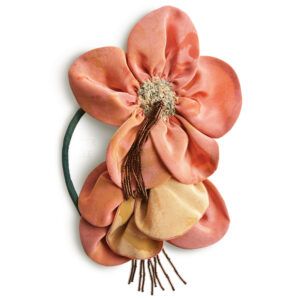
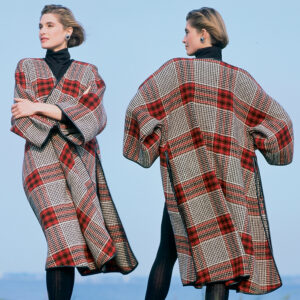
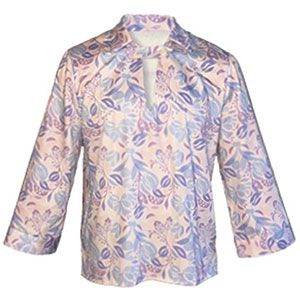
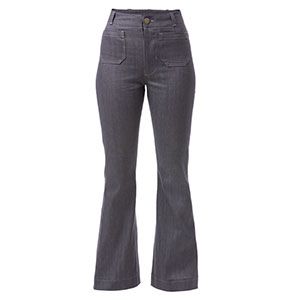
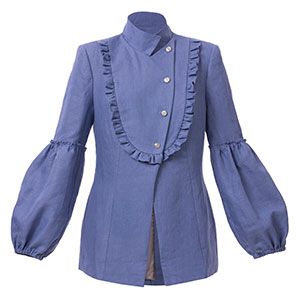
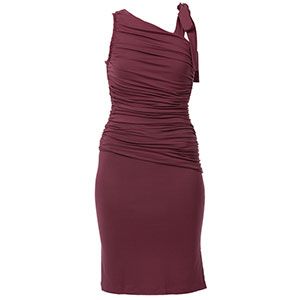
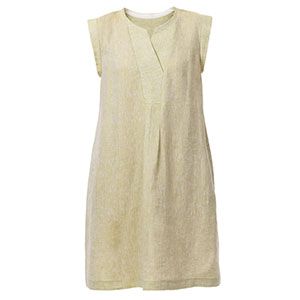
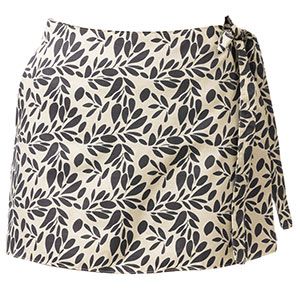
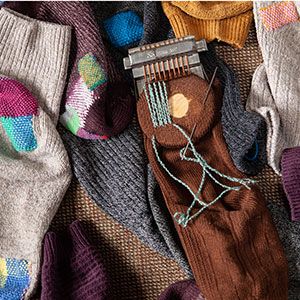

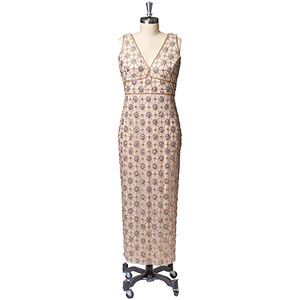

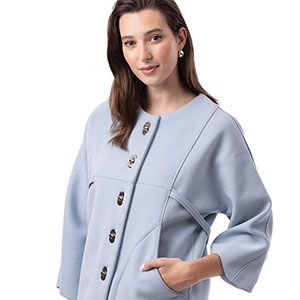
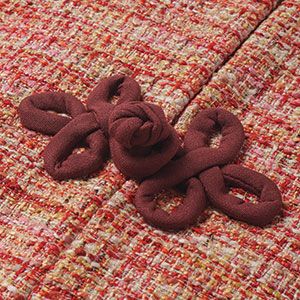








Replies
generally i use polyester thread unless I am making a tallit ( jewish prayer shawl) then i use only silk thread with silk so it will be "kosher"
I would use regular polyester thread when sewing silk, unless its something really light weight like chiffon and then I might use a finer thread such as metlers fine machine embroidery thread, it's 100% cotton, 60 wt.Dayenu,
There is no reason you can't use poly thread on silk for a Talis, what you can't do is mix linen and wool together. That's shatnez. So if the tzitzits (english spelling) are wool, which they usually are, just make sure there is no linen in the fabric. I'd like to find some poly or cotton tzitzits so I can make a linen talis.I made a talis for my husband when we got married, it's hand woven, silk and cotton, the Atara is silk and is embroidered with rayon thread.
actually the rule is you can not mix animal fibers with plant fibers. so cotton/ linen is fine and silk /wool is fine.
I simply like to be able to say 100% siilk and it takes the dye for tzit-tzit so well.
Understand?
Shatnez is the biblical prohibition against wearing wool and linen together in the same garment. (Wearing one piece of clothing that is linen and another that is wool at the same time is permitted.) This prohibition against Shatnez is found in Deuteronomy 22:11 and Leviticus 19:19. A combination of any other materials do not create Shatnez.The reference to wool refers to wool from sheep or lamb. It does not refer to camel wool, mohair, angora, cashmere, alpaca or vicuna. The bibical reference to linen applies only to fibers from the flax plant, not hemp or jute. However, reprocessed fibers may also contain Shatnez.This is from the Chabad website. I was not aware that it only applied to sheep's wool.One interesting aspect of this is that in Biblical times cotton was not a textile fiber, cotton was discovered much later, so flax (linen) was the only fiber in use.Other animal fibers (silk) are ok to mix with any plant fibers.
If you want to protect your delicate fabric it's best to use a weaker thread that will break, rather than cut through the silk fibers, under stress. Cotton thread is a good choice. Either way you get a hole in your garment, but you can re stitch thread vs. having an rip that can't be repaired.
Depending upon the weight of the Silk Fabric I would choose to sew it with:
a Silk Thread of suitable /comparable weight,
a Mercerized Cotton Thread
a Spun Polyester Thread.
Silk fibres are elastic, strong for their size, take dye exceptionally well, are smooth and 'silky' to handle, come in thick twist suitable for handsewing buttonholes down to fine thread for machine stitching. It is a delight to use for hand or machine stitching. Silk Thread is available at many sewing stores and from mail order companies; look in Threads Mag adverts and articles for suppliers.
Mercerized Cotton has been treated to make the fibres lustrous and silkier. Not as strong as silk it is far cheaper, and by also using a Machine Embroidery Thread available in #30 and #50 you have a range of weights from regular through to super-fine. Cotton thread is great for machine sewing.
Spun Polyester Thread is strong, probably too strong for finer weights of Silk Fabric, but usable for heavy Silk Tweeds, Noiles, aand Upholstery/Drapery Fabrics. Being a filament fibre which is turned into a staple for spinning it has some texture built into the thread, and is far better than a mono-filament or a multi-filament thread. Not as pleasant to hand sew with, it is okay for Machine Stitching. Usually a lower priced option, but quality varies from maker to maker. All thread is not created equal.
One Caveat; Avoid BLACK SILK THREAD; Black dyed Silk, even nowadays, has an unfortunate tendancy to rot within a relativeley short period. Better to choose a Cotton or Polyester thread or a dark shade of a toning colour; remember few "Black" fabrics are "BLACK" most have a faint tinge of another colour, or are in fact a melange of dark shades.
Liz O'the Lake
Lizothelake: Thanks for this review. Knew it but had not thought about it for a while. Scrubble4
This post is archived.